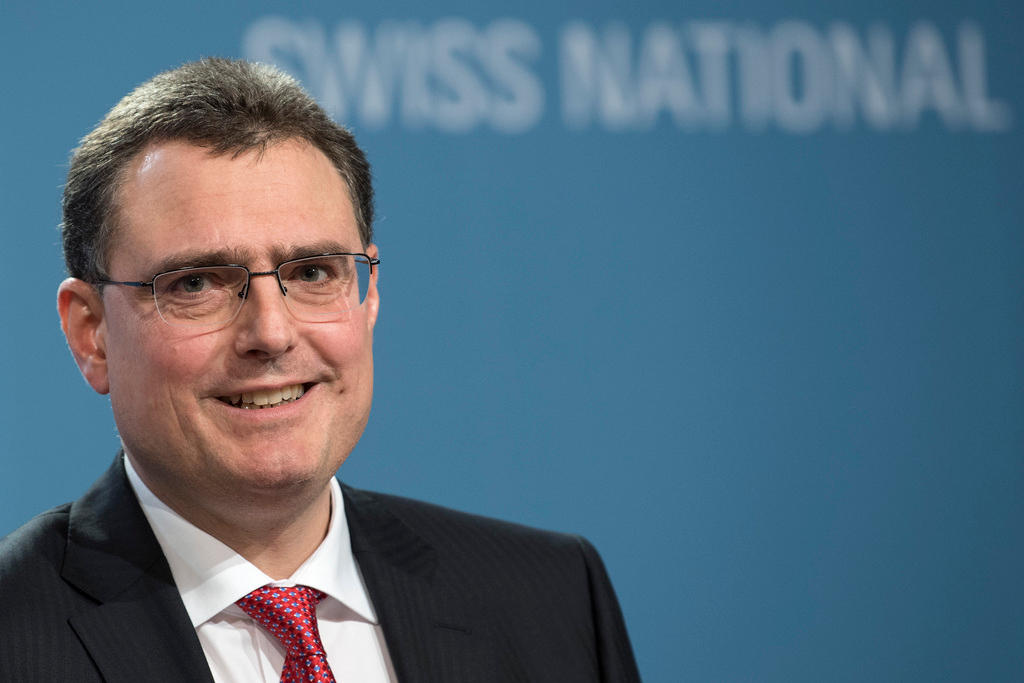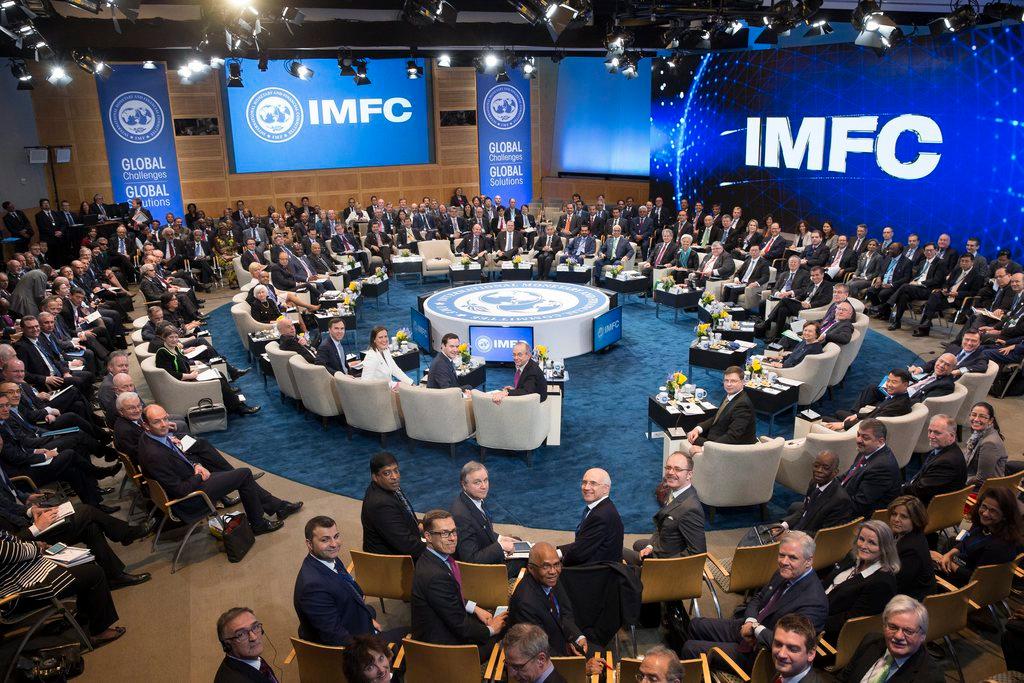Thomas Jordan: five years fighting a strong franc

Since becoming the president of the Swiss National Bank (SNB) in 2012, Thomas Jordan has faced a daunting challenge – how to shelter the Swiss economy from the turmoil of the eurozone. Success has not come without criticism.
“Everybody likes Thomas Jordan,” wrote the Tages-Anzeiger in 2012, following the Swiss economist’s nomination to the helm of the SNB. Indeed, for politicians and economic leaders at the time, worried about how to navigate a tricky financial situation, Jordan (SNB vice-president at the time) had all the necessary qualities to lead the bank. His qualifications and competence were beyond doubt: back in 1994 he had even predicted the euro crisis in his doctoral thesis. And after subsequently joining the SNB, in 1997, he climbed steadily through the ranks until reaching the top.
He was seen as somebody serious, dependable, with integrity – essential qualities, especially in light of the controversial resignation of his predecessor. In 2012, Philipp Hildebrand was forced to step down after media revelations emerged which implicated his wife in euro and dollar transactions from one of his bank accounts.
Jordan’s qualities were even more essential considering he came to the job in the midst of a worldwide financial and economic crisis. The new central bank president was effectively given the job of protecting and buffering Switzerland from the turbulence of the eurozone crisis, while at the same time constantly fighting to avoid any overly strong appreciation of the franc.
Such a mission would lead him to take two major decisions, both of which attracted unbridled criticism from all quarters. The first was in 2014, when he introduced negative interest rates for commercial bank assets held by the SNB. And the following year, on 15 January 2015, the bank provoked a wave of even stronger criticism when it removed – to general surprise – the ceiling capping the franc against the euro.
In just a few minutes, the Swiss stock exchange fell by 10%, a drop which was felt around the world. And though the franc quickly stabilised against the euro, the result was that the Swiss export and tourism industries found themselves suddenly 20% more expensive. In one fell swoop, Jordan became the most hated man in Switzerland.
Two years later, however, most of the criticism has waned. After flirting with recession in 2015, the Swiss economy is back to modest growth. Few businesses have actually been forced to close; the unemployment rate remains at a low 3.5%. One of the explanations for the calm has been the two-year success of the SNB in maintaining a stable exchange rate with the single European currency: around CHF1.07-1.08 CHF to 1 euro.
The battle is not over for Jordan, who continues the fight to resist a strengthening franc. Despite massive market interventions by the European Central Bank, the situation in the eurozone remains worrying, both economically and politically, especially with elections approaching in France and Germany. At the same time, the SNB’s room for manoeuvre has become narrower: last year, for the first time, the foreign exchange reserves of the central bank were larger than Swiss gross domestic product (GDP).
Translated from French by Domhnall O’Sullivan, swissinfo.ch

In compliance with the JTI standards
More: SWI swissinfo.ch certified by the Journalism Trust Initiative












You can find an overview of ongoing debates with our journalists here . Please join us!
If you want to start a conversation about a topic raised in this article or want to report factual errors, email us at english@swissinfo.ch.